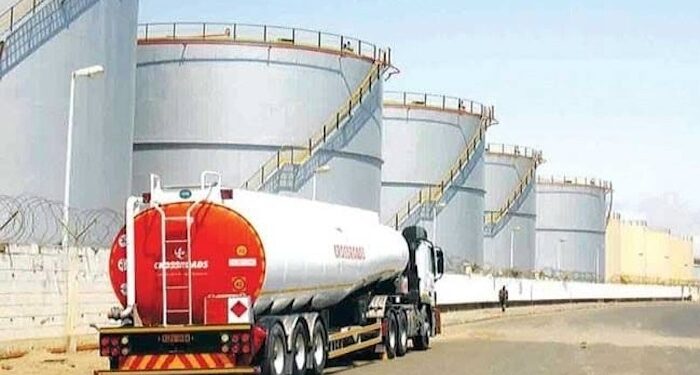Oil marketers in Nigeria have raised concerns about the high prices at which they are forced to purchase petroleum products from the Depots and Petroleum Products Marketers Association of Nigeria (DAPPMAN). This situation has exacerbated the scarcity of petrol at retail outlets nationwide, leading to widespread discontent among Nigerians demanding a price reduction.
The downstream operators have called on President Bola Tinubu to closely monitor the activities of the Nigerian National Petroleum Company Limited (NNPC), DAPPMA, and the Nigerian Midstream and Downstream Petroleum Regulatory Authority (NMDPRA). They allege that the collusion among these stakeholders hampers the availability and smooth distribution of petroleum products to retail outlets.
According to anonymous sources within the industry, the NNPC, which is the sole importer of petroleum products in Nigeria, supplies Premium Motor Spirit (PMS) or petrol to private depot owners under DAPPMA at an ex-depot price of N556.5 per litre. However, these tank farm owners reportedly sell to marketers at prices ranging from N700 to N740 per litre, leaving the marketers with minimal margins and forcing them to sell at higher prices to consumers.
The marketers recalled that in the past, the NNPC allocated petroleum products to tank farm owners for distribution to independent marketers with a price benchmark. They urged the federal government to reinstate this system to ensure a fair ex-depot price for tank farm owners.
“Previously, the NNPC allocated products to private depot owners to sell to marketers at a reasonable price. Now, independent marketers are left at the mercy of tank farm owners without any ex-depot price control. This situation is detrimental to the industry and leads to higher prices for consumers,” said one marketer.
The group accused the midstream regulatory agency of failing to regulate the activities of tank farm owners, resulting in independent marketers being blamed for hoarding products and selling at high prices. They claimed there is a cabal within the sector creating challenges for President Tinubu, and called on him to break their influence.
The marketers also highlighted the need for the federal government to provide incentives to the Dangote Refinery to address the shortfall in product availability. Additionally, they urged the government to rehabilitate the four existing refineries to end product importation and save the country valuable foreign exchange.
In summary, oil marketers are demanding government intervention to ensure fair pricing and adequate supply of petroleum products, emphasizing the need for regulatory oversight and the revitalization of domestic refineries to stabilize the industry and benefit consumers.


